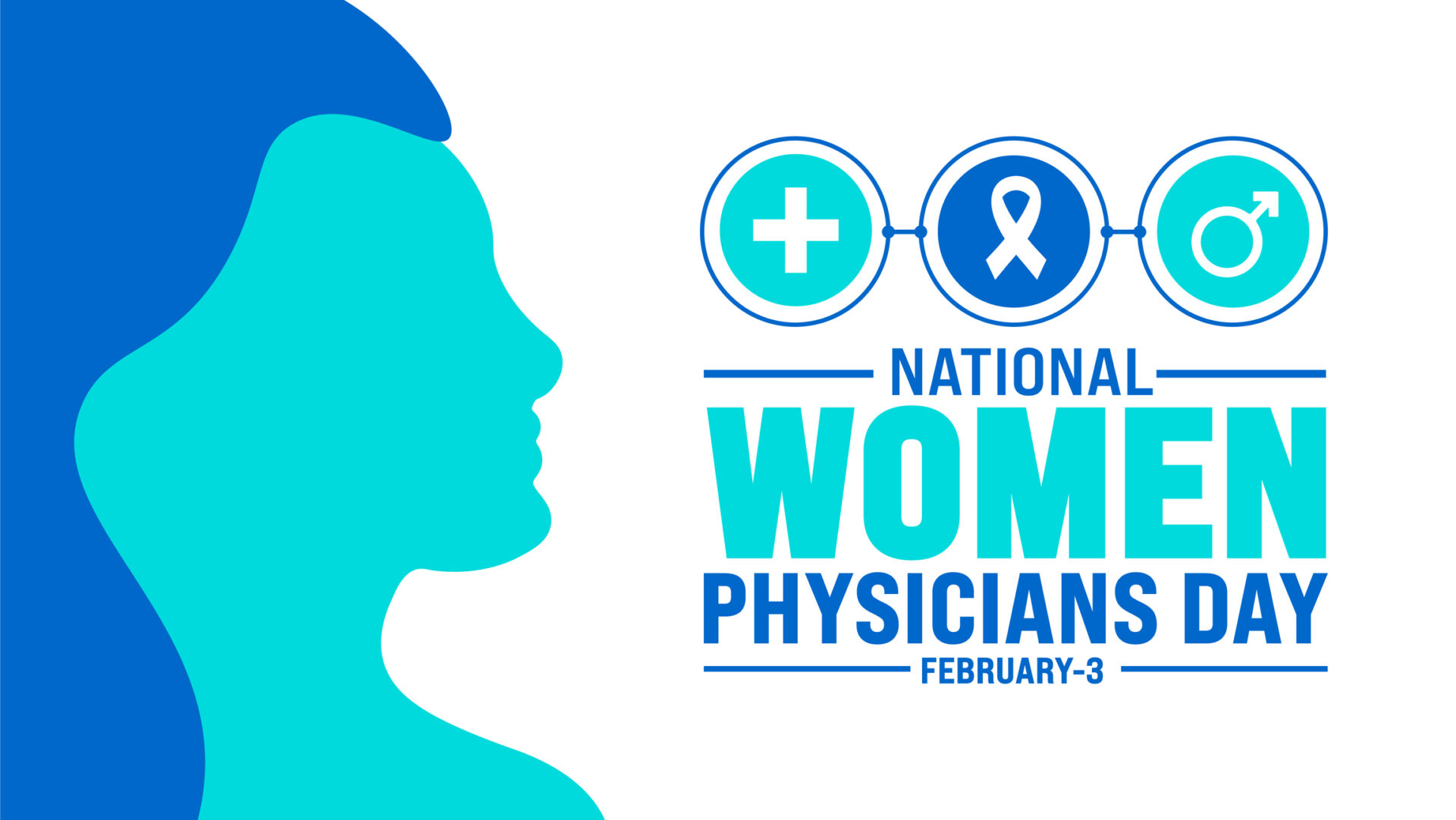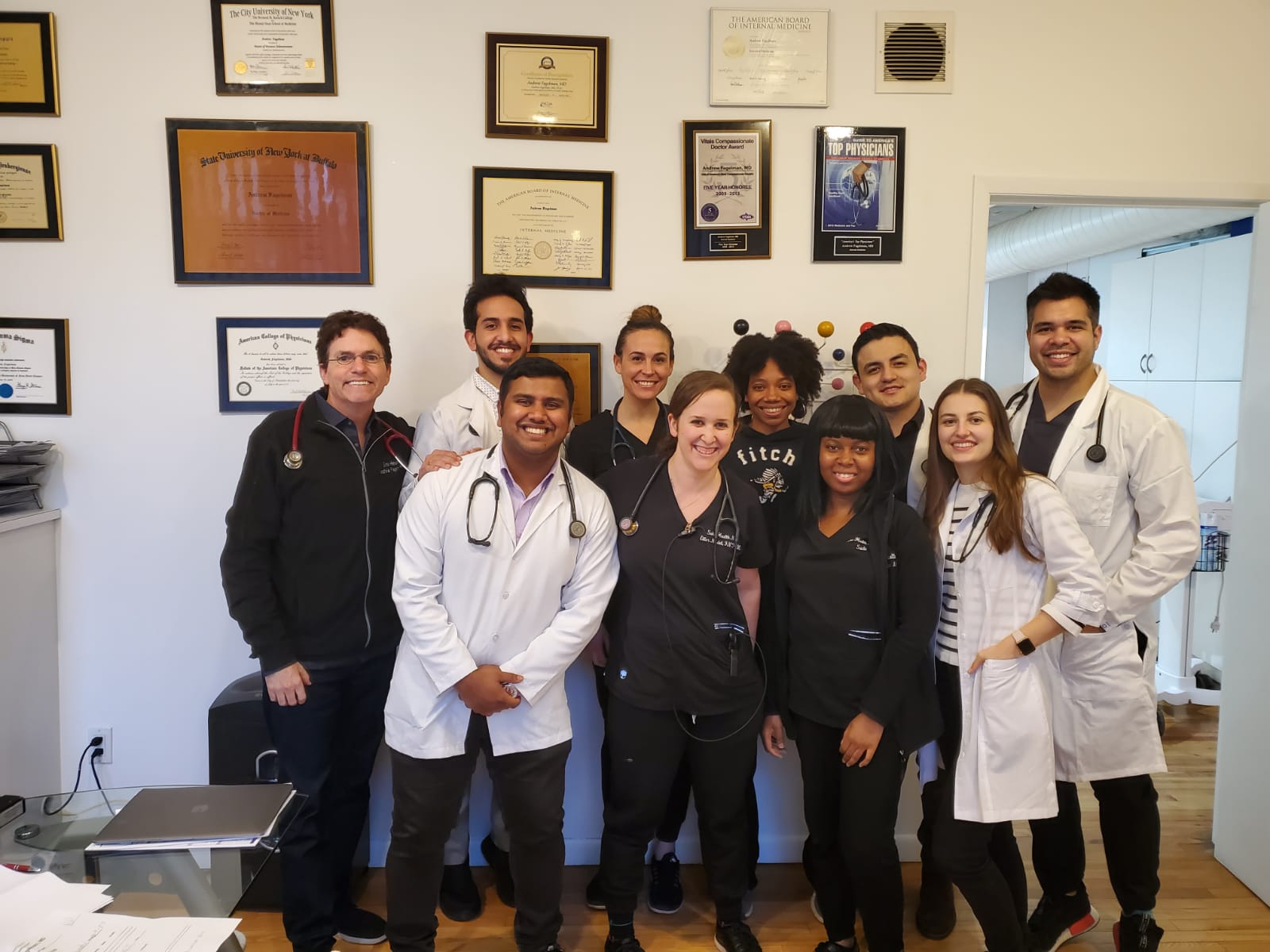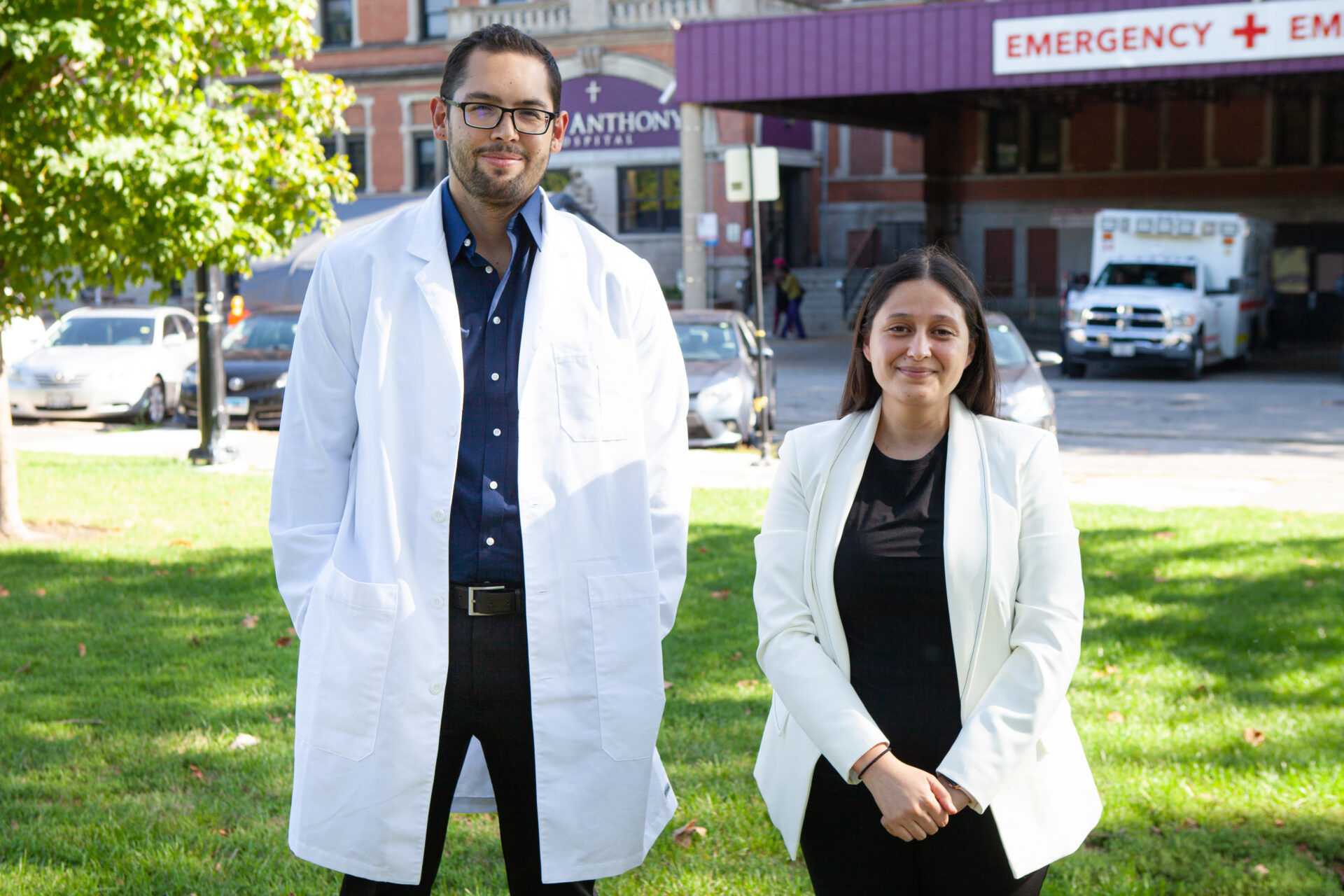Did you know that roughly ½ of individuals above the age of 85 have Alzheimer’s? What’s worse is that the majority of these individuals don’t even know they have it. Because Alzheimer’s affects so many individuals, it is possible someone you know, perhaps a family member or friend has the disease. If this is the case, then you know. June is designated as Alzheimer’s and Brain Awareness Month. During the month, the Alzheimer’s Association asks individuals who have been directly or indirectly affected by this disease to spread awareness and raise funds for research. The more we know about the disease, the greater the chance of finding a cure.
While there is no way to prevent Alzheimer’s at present, especially since so much of contracting it has to do with your genetics, with research, it may be possible. Until then, there are a few healthy choices you can make to decrease your odds of getting Alzheimer’s in the future.
-
Exercise Often
We know exercise is good for us. It can improve our mood, build muscle tone, and keep our waist trim. Exercise can also increase blood flow to the brain, which can improve cognitive functioning. Physical activity also increases the level of chemicals in the brain, which are responsible for protecting against deterioration. Both high-intensity workouts and muscle building activities can be useful. According to a 35-year-long study completed in the U.K., regular exercise can decrease an individual’s chances of getting Alzheimer’s by nearly 45%! To reap these benefits, be sure to get at least 150 minutes of exercise a week.
-
Stay Social
The best way to improve our memory is to challenge our minds. While some individuals may enjoy doing puzzles or reading, these may not be for everyone. Socializing with others can have the same effect as the above activities. Being social requires you to test your memory and can lead to complex conversations and thoughts. For more on the wonders of socializing as a method to improve mental health, click here.
-
Watch What is on Your Plate
The role of diet in health cannot be stressed enough. Consuming the proper amounts of nutrients can allow our bodies to run as they should. When it comes to increasing our brainpower, an emphasis should be placed on heart-healthy fats, unrefined grains, proteins, and green leafy vegetables. The components listed above are pillars of the Mediterranean diet, which is thought to be the best diet for increasing cognitive functioning. This diet can stop brain tissue from decreasing, ultimately putting a pause on the progression of mild cognitive impairment. For this reason, the Mediterranean diet can be a choice for those already experiencing memory loss or who may be elderly.
-
Sleep in
When you sleep, your brain has time to clean itself up, removing proteins that accumulate during the day. Like the plaque found on teeth, poor sleep quality and quantity can cause the protein to build up, causing early stages of Alzheimer’s. To prevent this from happening, be sure to get the recommended seven to nine hours of sleep each night. While controlling the amount of time you spend sleeping can be easy, ensuring it is of quality can be a challenge. Establishing a routine bedtime, avoiding napping, and limiting screen time are all tactics which, when implemented, can ensure you can fall and stay asleep each night.
-
Find Peace
Cortisol, the hormone released when you experience stress, has been linked to Alzheimer’s in multiple studies. While experiencing high levels of stress is not the only driver of Alzheimer’s, in most cases, it is a contributing factor. Stressful experiences are tricky because they often arise without our consent and are out of our control. The only power we have is in how we choose to deal with them. Managing stress can keep the amount of cortisol released to a minimum. Tools to manage stress include, but are not limited to, practicing breathing techniques, meditating, and learning to be mindful. In some instances, cutting down on things that may exacerbate stress, like caffeine and alcohol, are a good idea.
Want to help further the research being done on Alzheimer’s?
Make a Donation to the Alzheimer’s Association >
Does learning about the brain and its functions interest you? If so, the medical specialty of neurology could be a good fit for you!
Explore neurology clinical experiences >
Explore clinical experiences in other specialties >







Leave A Comment